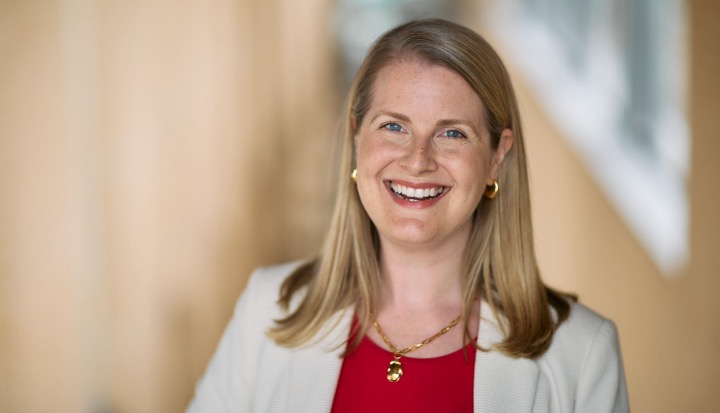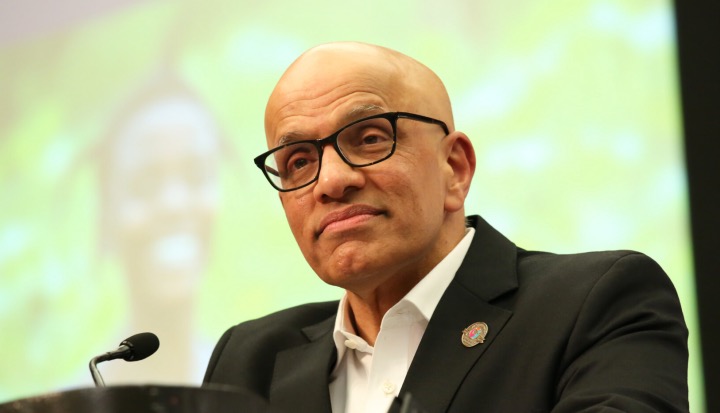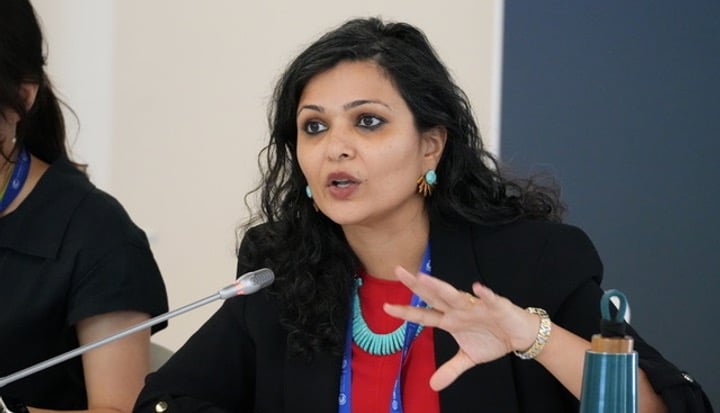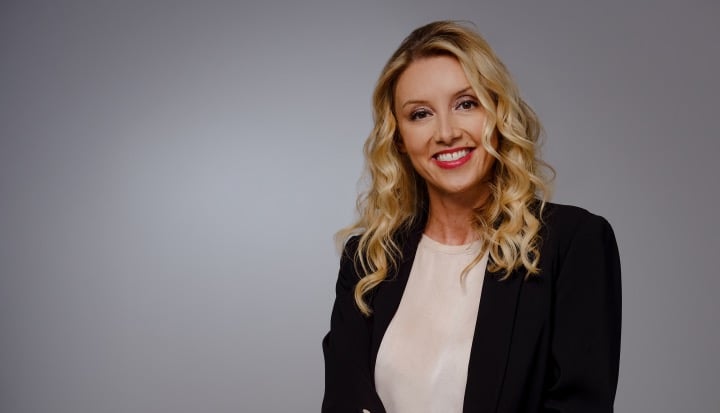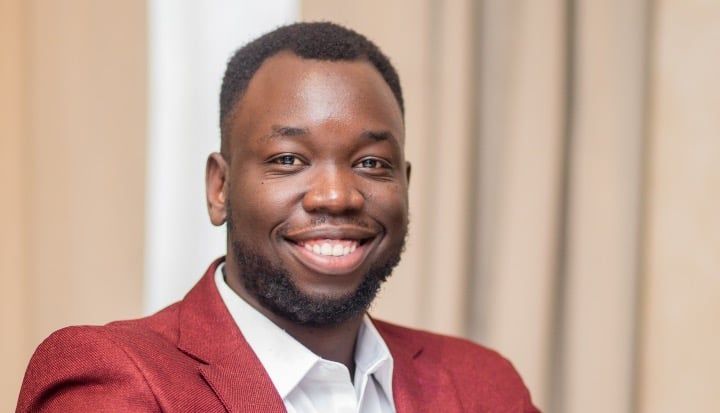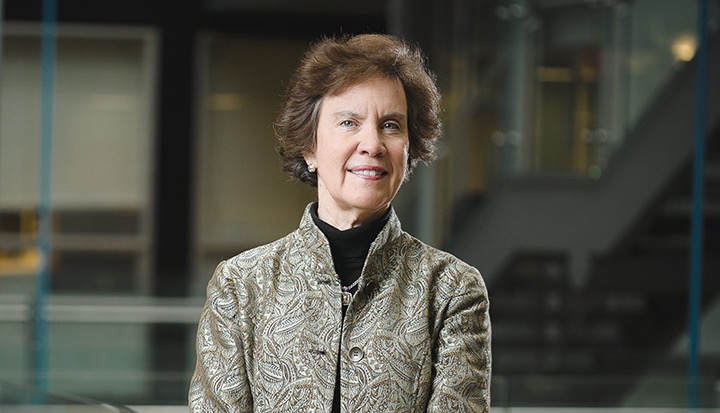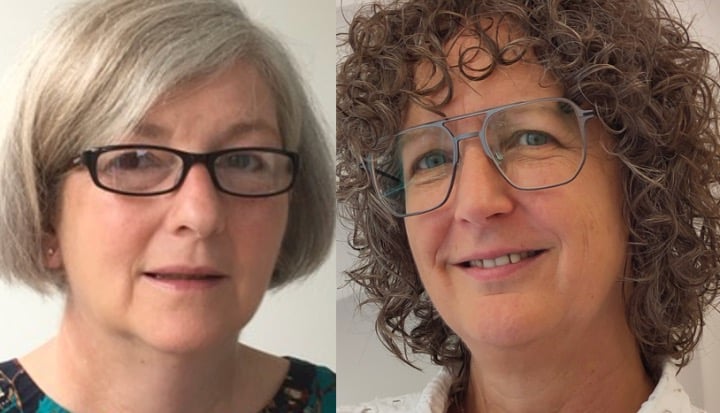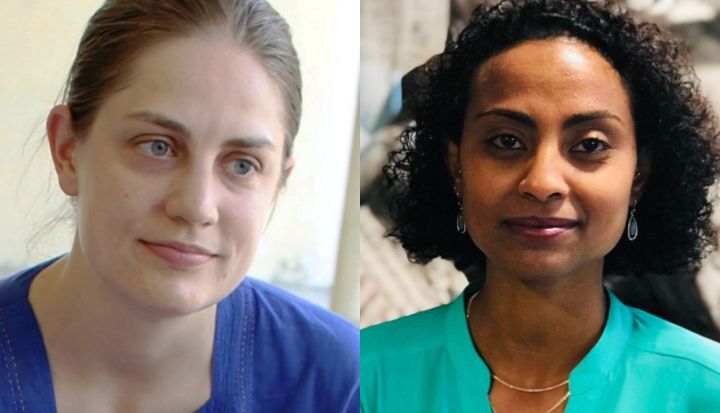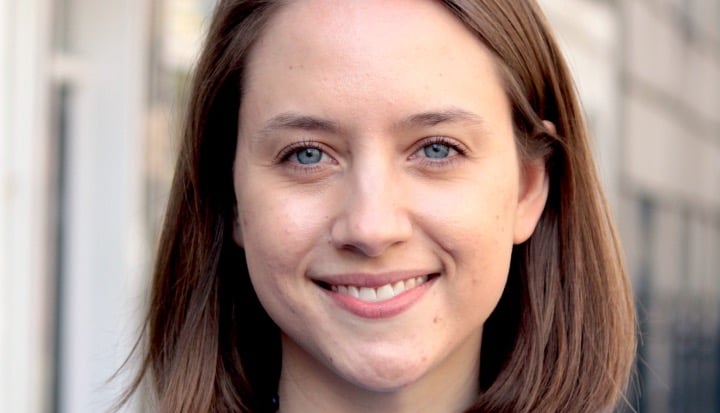BFP: What do you do?
SM: I engineer businesses for social impact, which works for eliminating poverty one farmer at a time. My prime focus is on designing and developing technology-driven solutions to access the rural market. The solutions are cross-sectoral and address a variety of economic and social needs viz. agriculture, food, nutrition, sanitation, market linkages, etc. through multiple technology modes like; software applications on smartphones/tablets, eCommerce platform linking farm-to-food, and peer-to-peer social investment platform eKutir is a social business based out of India that works with smallholder farmers using a distribution channel of locally trained entrepreneurs, technology, and data. We partner with civil society organizations, social enterprises, and public sector institutions to create the last-mile distribution channel for different products and services required by the farmers, using an entrepreneurship-tech approach. eKutir Social Business has multiple initiatives working in agriculture, sanitation, social finance, and farm-to-food channel. I primarily head the technology team, social finance team, fundraising, strategic partnerships, and manage large projects for eKutir.
Since incubation, we have developed key partnerships with Grameen-Intel Social Business, World Toilet Organization, Unilever, Bill & Melinda Gates Foundation, USAID, IFPRI and many more.
BoP Connect is a start-up social venture, which creates a small scale farming model to feed the urban population with freshly sourced and naturally grown vegetables, fruits, and exotic vegetables. Based out of Delhi, India we are working on a demand driven food production system that will reduce wastage, mitigate the need for storage, and create a clean, lean supply chain to address the increasing demand for fresh fruits and vegetables.
BFP: What is the best part about your job/project?
SM: A sense of gratification on being able to see the impact of your work (small or large), an impact that changes lives of people in rural areas and gives them an opportunity to enhance their current state of livelihoods, is definitely the best part of my work. Through my work with eKutir and BoP Connect, I am primarily working with food, farmers, and technology. Today, we cannot survive without any one of these. We need food, we need farmers to produce food, and we are heavily reliant on cutting-edge technology. Instead of looking at them discreetly, I look at them in a connected manner. Farmers feed us, increased population demands more food, and cutting-edge technologies are making lives simpler and connected. Bringing these three elements together through different initiatives is a great boost to my work.
BFP: What has been your greatest challenge?
SM: At my work with eKutir, there were multiple challenges from distribution limitations to talent scarcity. But the key challenge I observed was the rapid diversification we were doing, from one thematic area to another. Within 5 years, eKutir set-up five different subsidiaries working on different products and services for the farming communities in India. It appeared to be a good move to mitigate risks and costs by creating a basket of different products and services, but it was important for us to start capitalizing on each one of them, efficiently. This required a lot of effort in team building, sourcing talent, building up business case, use case, and so on. The critical aspect was to balance innovation with execution, which would have significant impact on both the customers and business.
BFP: How have you overcome these challenges? / What has been the secret of your success? / What advice can you give others?
SM: I attribute this to a concerted effort between the founder of eKutir, its Directors, the team, and our key partners in creating a smooth transition of different subsidiaries of eKutir. Because of the good work eKutir has been doing with the farming communities, the use case of different products and services was experimented with them, giving us an opportunity to optimize our solution, measure its impact, and roll-out to the wider market by creating a separate subsidiary. The rationale behind all of our innovation was to create a holistic solution for addressing to the needs of the farming communities, as poverty is a complex issue and requires a complete solution that can sustain its impact in eliminating poverty.
It is important to keep exploring within your enterprise, but it is equally pivotal to keep a check on the targets, sales, revenue, and impact created. The latter is the fuel for growth, while the former allows you to keep challenging the status quo.
So, our customers and the strategic and gradual experimentation helped us to overcome the challenge associated with the diversification.
BFP: If someone wants to do what you do – where do they start?
SM: Today, I am looking at a lot of people, in the mid twenties to early thirties who are looking at earning while creating value. The future is in creating enterprises that work for the greater good of the community, nation, and the world.
For me, social business was a leap of faith and during my journey I acquired these four critical learning’s;
1. Having a real-life mentor, whom you are able to work with, exchange knowledge, and take guidance on the basis of their experience.
2. Being open to criticism, developing patience, and having fun, as it is easy to be defensive and become impatient during your journey as a social entrepreneur. Taking constant advice from a mentor helps one to become flexible and not lose sight of the amount of hard work that needs to be put in to create impact. This flexibility helps to create a robust platform for yourself to keep doing what you are good at and acquire new skills too.
3. In social business or any traditional business, it is critical to work with the customers directly, tailoring products and services to best fit their need and address the problem at large. You must be willing to be on the move most of the time, if you want to make an impact and foster change.
4. Quick adaptation to change helps one to overcome unnecessary time and energy wasted on things that did not work.
BFP: Finally, What do you hope to get out of being part of the BFP community?
SM: Inspiration and Collaboration! The community brings together people from different parts of the world making a good mix of ideas, stories, and perspectives. This perception will help me get inspiration from the changemakers and stay enthusiastic on the fact that I am also a stakeholder among the rest of the BFP community, working to make the world a better place. The interaction, sharing, igniting new ideas, and having a multitudinal point of view through BFP will keep me enthused to take focused strides in my endeavor. I can and will be glad to contribute as much I can back to the BFP community.
BFP: Finally, What do you hope to get out of being part of the BFP community?
SM: Inspiration and Collaboration! The community brings together people from different parts of the world making a good mix of ideas, stories, and perspectives. This perception will help me get inspiration from the changemakers and stay enthusiastic on the fact that I am also a stakeholder among the rest of the BFP community, working to make the world a better place. The interaction, sharing, igniting new ideas, and having a multitudinal point of view through BFP will keep me enthused to take focused strides in my endeavor. I can and will be glad to contribute as much I can back to the BFP community.
Editor’s Note:
Thank you to Suvankar Mishra for taking the time to do this interview.
We’re always looking out for members to feature. Help us by taking two-minutes to update your profile, or by nominating someone for Business Fights Poverty Member of the Week.
Read previous Member of the Week interviews here.


